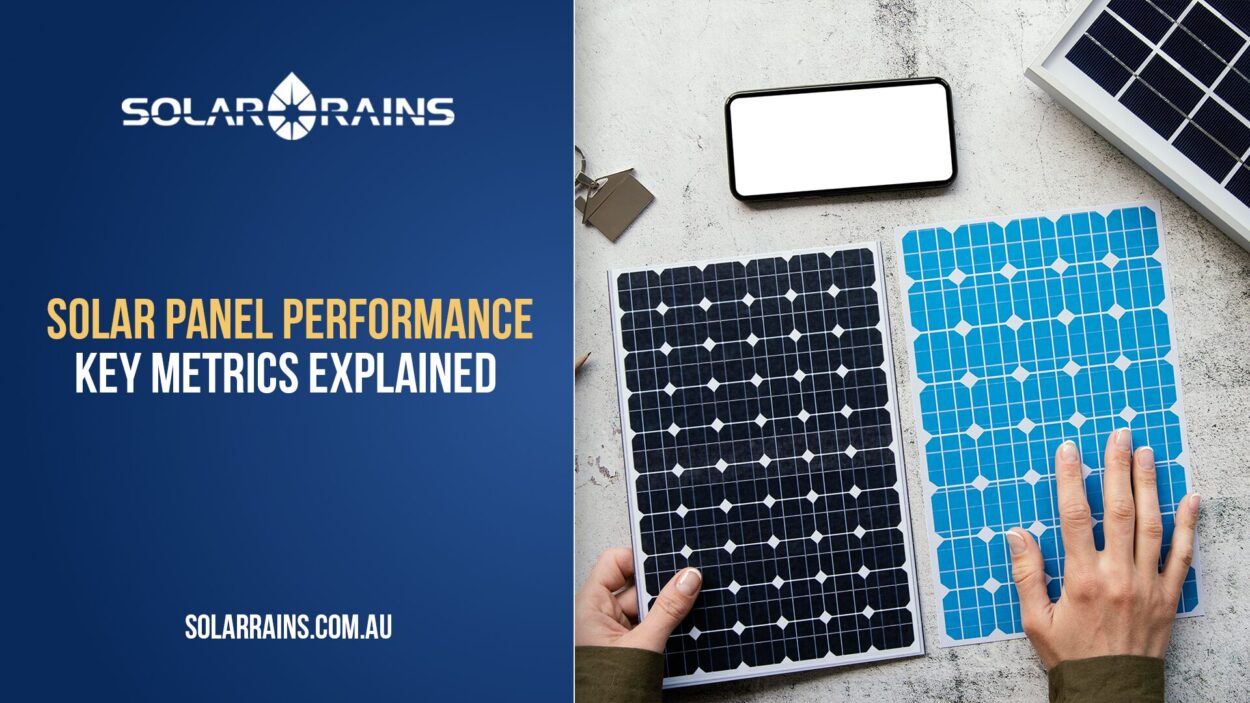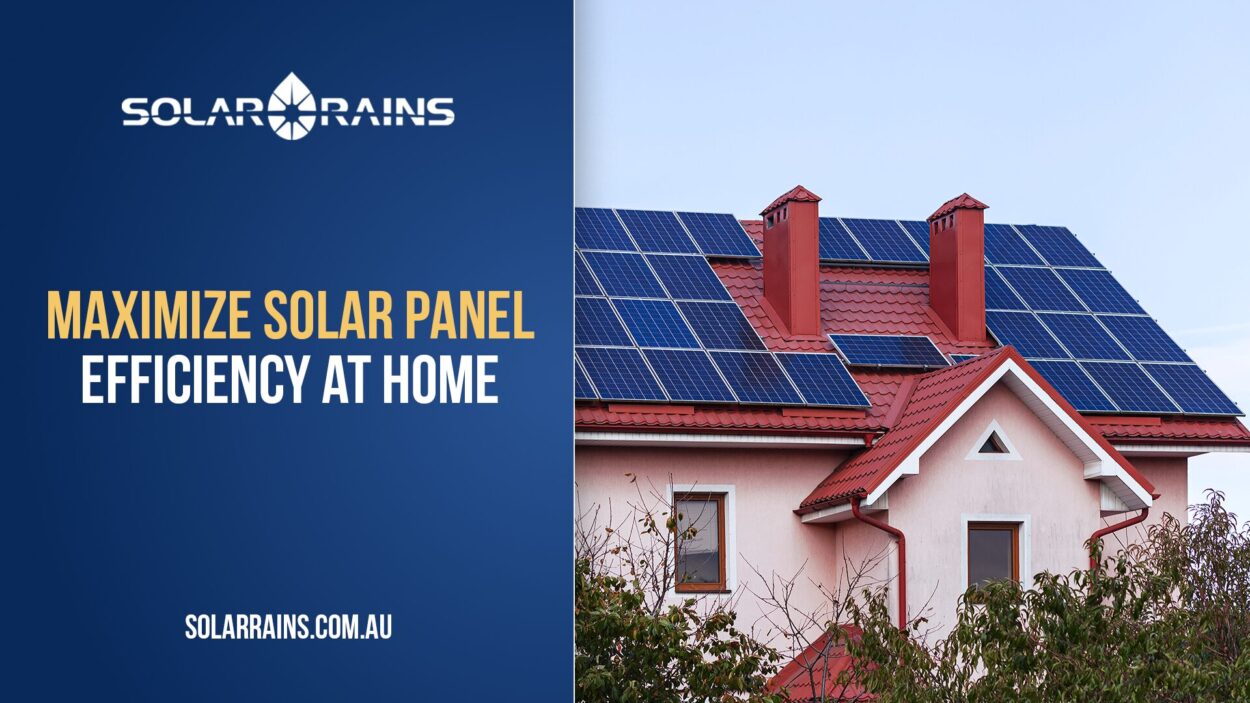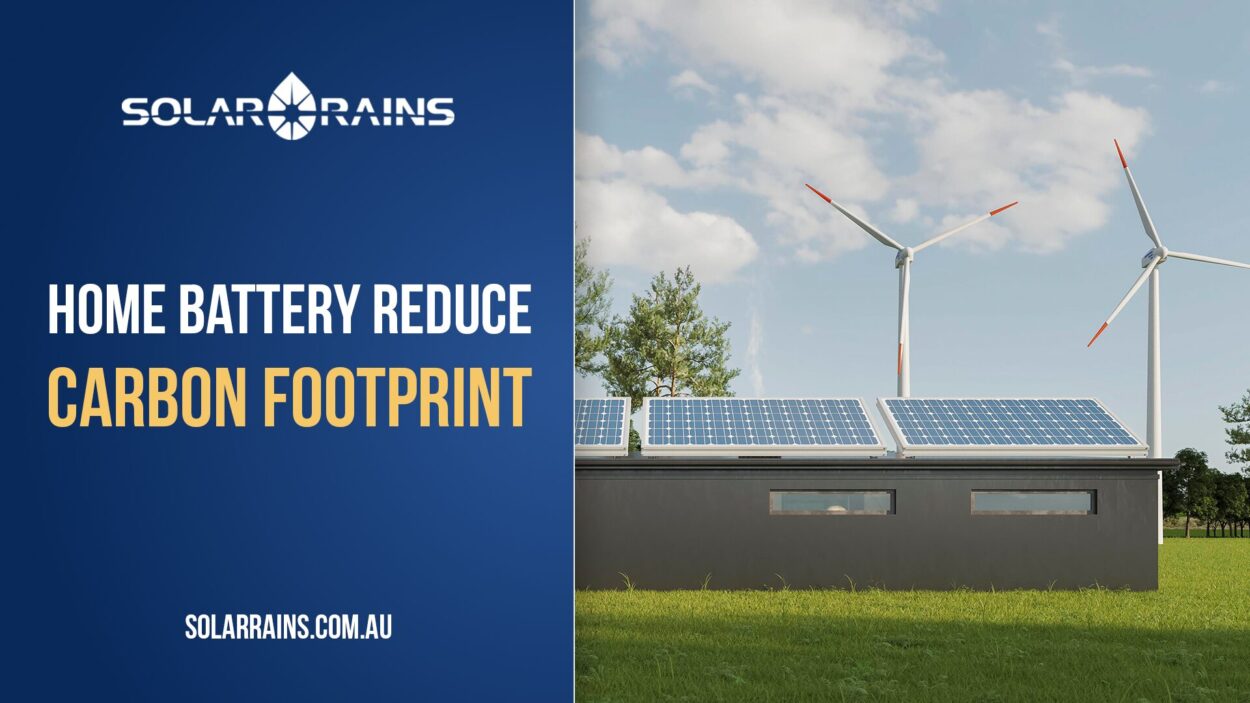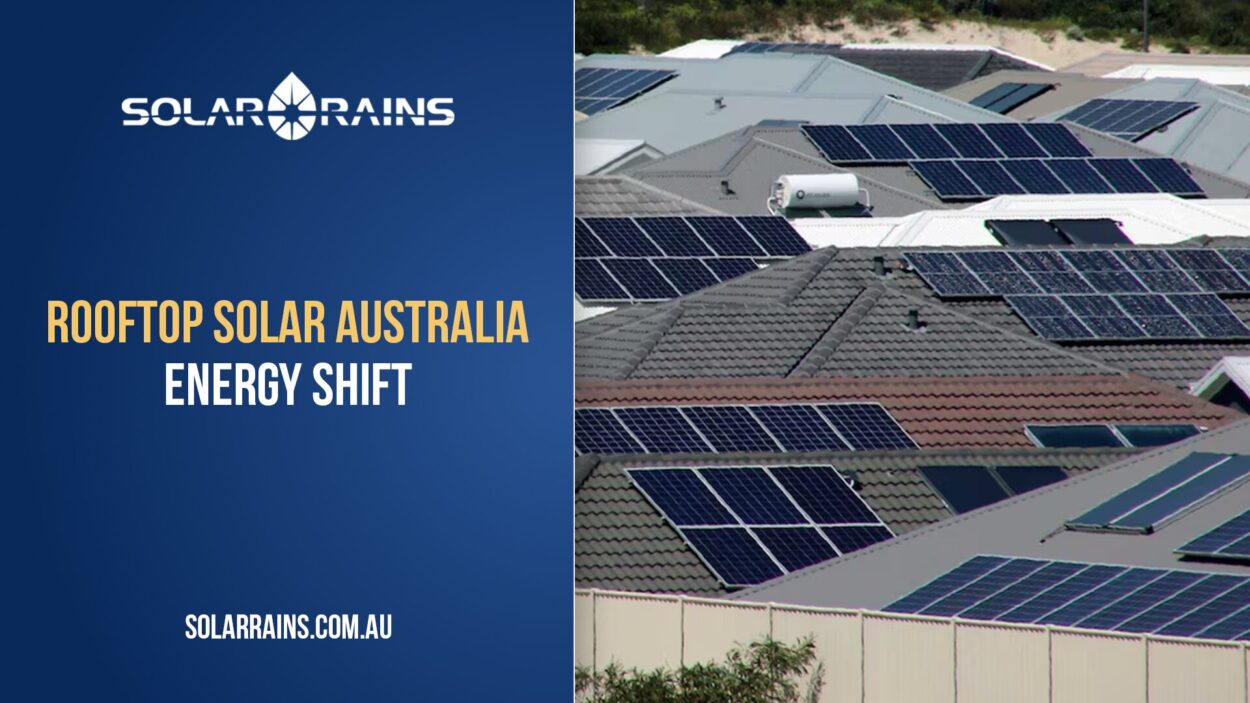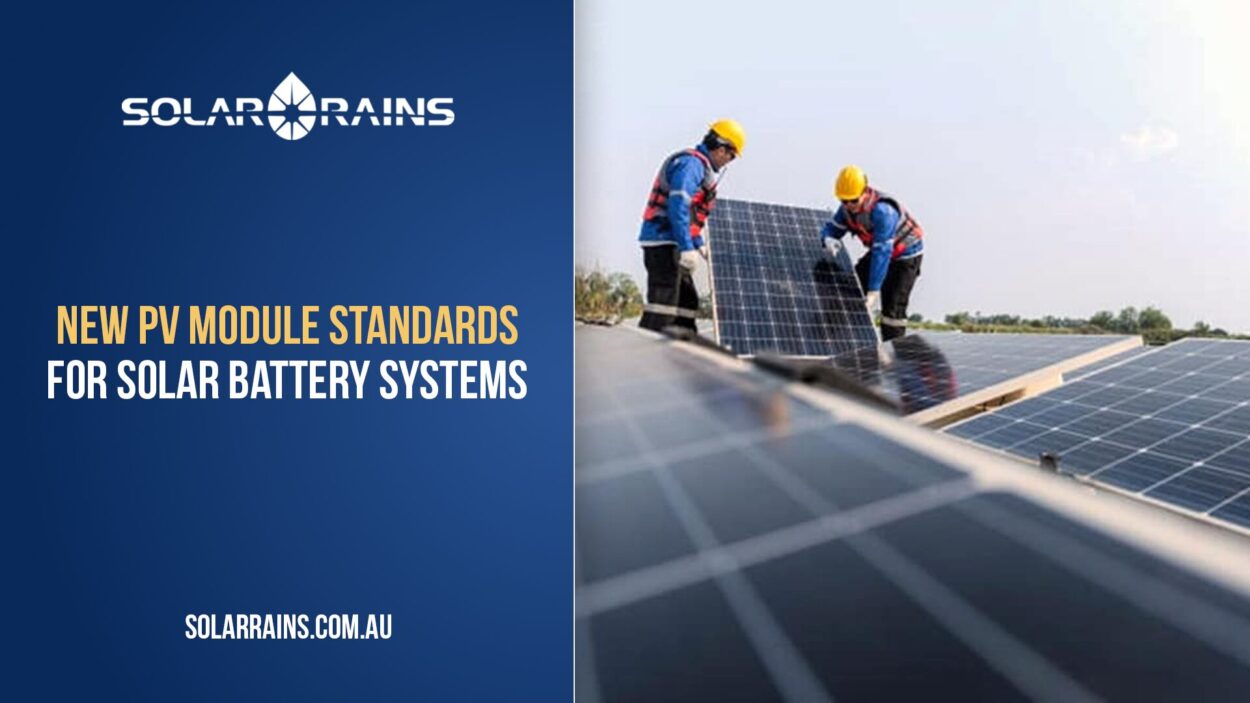Introduction: The Dilemma of Upgrading or Replacing Your Solar System
As electricity prices rise and households increase their energy consumption, many Australians face an important decision: should you upgrade your existing solar system, replace it entirely, or add a solar battery to maximize savings?
This choice is influenced by factors such as:
- The age and efficiency of your current solar system
- Household energy usage patterns
- Availability of government incentives for solar batteries
- Your future energy goals (e.g., EV charging, home automation, backup power)
With over 4.2 million households in Australia using rooftop solar and more households adopting solar batteries, now is the ideal time to reassess your energy strategy. This guide will help you navigate the decision-making process with clear, practical advice.
When is the Right Time to Reinvest in Your Solar?
Solar panels and inverters degrade over time. Typically:
- Panels: Efficiency declines 0.5–1% per year; after 15–20 years, a full replacement may be needed.
- Inverters: Lifespan around 10–15 years; performance declines can significantly reduce energy production.
Other indicators for reinvestment include:
- Household energy consumption has increased (e.g., more appliances, EVs)
- Frequent blackouts or grid instability make solar batteries attractive
- Government rebates and incentives are available to reduce installation costs
If your current system is aging or your energy needs have changed, it may be the right time to consider upgrading panels, replacing your system, or adding a solar battery.
The 3 Main Options: Upgrading Your Energy
Option 1: Upgrading Your Solar Panels
When to upgrade:
- Your roof has unused space for additional panels
- Your current system doesn’t meet your growing energy needs
- You want to maximize daytime energy generation
Benefits:
- Increased solar production, potentially covering more than 80–90% of household energy consumption
- Longer-term savings, especially with time-of-use electricity tariffs
- Compatible with existing or future solar batteries
Considerations:
- Upgrading panels alone won’t store excess energy; pairing with a solar battery maximizes benefits.
- Additional costs include hardware, installation, and permitting.
Option 2: Replacing Your Entire Solar System
When to replace:
- System age >10 years with degraded panels or inverter
- Frequent maintenance or component failures
- Desire for new technology with higher efficiency or smart inverters
Benefits:
- State-of-the-art solar technology improves energy output by up to 30% compared to older systems
- Integration with solar batteries and smart home energy systems
- Warranty renewal for panels and inverters
Considerations:
- Higher upfront cost than a partial upgrade
- Requires professional assessment to determine if replacement yields a better ROI than incremental upgrades
Option 3: Adding a Home Solar Battery
When to invest in a solar battery:
- You want to store excess solar energy for nighttime or peak electricity periods
- Frequent blackouts in your area
- You plan to charge an EV at home
- You aim to participate in Virtual Power Plant (VPP) programs to earn income
Benefits:
- Reduces electricity bills by enabling self-consumption
- Provides backup power for critical appliances
- Increases property value
- Helps stabilize the grid and supports renewable energy integration
Key Numbers:
- Typical solar battery sizes: 5–15 kWh for households, 30–100 kWh for commercial systems
- Average savings: $300–$600/year for a 10 kWh battery depending on usage
- Lifetime: 10–15 years, depending on cycles and maintenance
When Should You Upgrade Your Solar System & Add Panels?
Scenarios for panel expansion:
- You installed your system 5–10 years ago, and energy usage has increased
- Household has acquired high-consumption appliances or an EV
- Your roof has unused space to install additional panels
Benefits of adding panels:
- Increases the system’s total kW capacity
- Reduces reliance on grid electricity during daytime
- Maximizes compatibility with solar battery storage for night-time use
Example: A 5 kW system with an additional 2 kW of panels and a 10 kWh solar battery can power a 4-person household fully during peak hours and store energy for night-time use.
When Should You Replace Your Entire Solar System?
Full replacement is suitable when:
- Your panels are older than 15 years
- Your inverter frequently malfunctions
- Newer technology offers significantly higher efficiency (e.g., panels with 22–24% efficiency vs older 15–18%)
Replacing your system also allows integration with larger solar batteries, future-proofing your home for higher electricity prices.
When Should You Invest in Home Solar Battery Storage?
Ideal situations:
- Time-of-use billing: batteries allow energy use during cheaper or stored energy periods
- Frequent blackouts: battery provides backup power
- High daytime solar generation: store excess for night-time use
- Participation in VPP programs to sell stored energy
Solar Battery ROI:
- Average payback period: 7–10 years depending on usage and incentives
- Government rebates: SRES, Cheaper Home Batteries Program, state-specific incentives
Should I Invest in More Solar or Battery Storage?
Decision factors:
- Energy consumption: Households with high night-time usage benefit more from solar batteries
- Roof space: Limited space may favor batteries over additional panels
- Electricity costs: High time-of-use tariffs increase the value of stored solar energy
- Incentives: Rebates for solar batteries may make storage more cost-effective than adding panels
Rule of thumb: Combine both panels and a battery if possible, for maximum savings and energy security.
How to Choose Between More Solar or Battery Storage
- Conduct a solar energy audit to determine your energy needs
- Evaluate your daily consumption patterns
- Assess grid reliance and blackout risk
- Compare ROI of adding panels vs installing a solar battery
- Consider future expansion: a battery-ready inverter allows upgrades later
How Batteries Can Earn You Money, Not Just Save It
Modern solar batteries can participate in Virtual Power Plants (VPPs):
- Stored energy is dispatched to the grid during peak demand
- Homeowners can earn revenue or credits
- Provides financial incentive beyond energy savings
Example: A household with a 10 kWh battery may earn $200–$400 per year in addition to saving on electricity bills.
Get a Second Professional Opinion
Before committing to upgrades or battery installations:
- Consult licensed solar installers
- Compare multiple proposals for panels, inverters, and batteries
- Avoid over-sizing or under-utilization
- Ensure eligibility for government rebates
A professional assessment ensures optimal performance, safety, and ROI.
Conclusion
Whether you are considering:
- Upgrading your solar system,
- Replacing an aging system, or
- Adding a solar battery,
The decision should be guided by energy consumption patterns, electricity costs, available roof space, and government incentives.
Solar batteries are increasingly valuable for energy independence, bill reduction, and participation in VPP programs. Combined with solar panels, they represent a future-proof solution for Australian homes and businesses facing rising electricity prices.
Next steps: Contact Solar Rains to explore the right solar battery solution for your home or business.
FAQs
Consider a solar battery if you have high night-time energy use, time-of-use tariffs, or frequent blackouts.
Yes. Ensure your inverter is battery-ready or upgrade it alongside the battery.
Evaluate roof space, energy usage, and electricity tariffs. Batteries are more effective if your daytime solar is sufficient.
Most lithium-ion batteries last 10–15 years, with gradual performance degradation over time.
Yes, including the SRES, Cheaper Home Batteries Program


